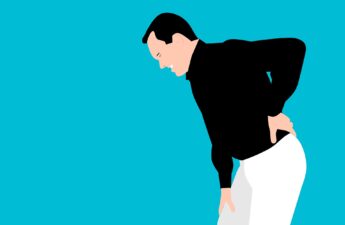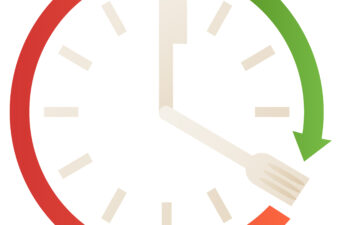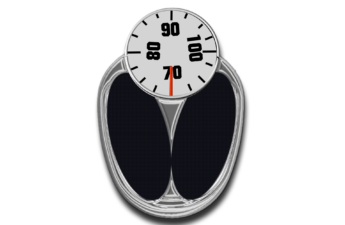Category: Weight Loss
Can counting steps help you lose weight?
Tracking daily step counts can be a useful tool for weight management – an exercise scientist parses the science
Running on empty: Female athletes’ health and performance at risk from not eating enough
When the energy consumed from food becomes insufficient to meet the demands of high physical activity levels, a state of imbalance occurs called low energy availability. Low energy availability can disrupt hormones and metabolism in as little as five days.
Seven techniques to avoid weight regain, approved by experts
Losing weight is challenging. But as anyone who has ever successfully lost weight knows, it’s avoiding weight re-gain that’s the real challenge. But while weight regain may be a common experience, that doesn’t mean there aren’t many evidence-backed things you can still do to prevent it in the long run:
Addressing obesity, smoking and workplace ergonomics could cut the burden of low back pain by 39%s
Low back pain has ranked first among causes of disability for the last three decades. Back pain, however, is not inevitable, even if that sometimes feels like the case.
Australian study links holiday feasting to yo-yo weight gain
Easter, a time of chocolate eggs and hot cross buns, saw a an average gain of about 244g (0.29% of average participant body weight). The Australian summer months associated with Christmas and New Year, feasts and festivities, had an even larger average increase of approximately 546g (0.65% of average participant body weight). We also found a weekly cycle, with weight peaking on the weekend, when many people are likely letting their hair down after a busy work week and may be drinking and eating more.
Fiber is your body’s natural guide to weight management, say UW expert
Rather than cutting carbs out of your diet, eat them in their original fiber packaging instead
Intermittent fasting and calorie counting about equal for weight loss – new study
Is intermittent fasting any better than calorie counting for losing weight? A new study, published in the Annals of Internal Medicine, aimed to provide the answer. It showed that the two methods could be equally effective – if undertaken with professional counselling.
Preventive healthcare is effective – lessons from Finland, Japan and Singapore
Promoting healthy lifestyles, early disease detection and timely treatment could reduce chronic diseases such as type 2 diabetes, heart disease and cancer. And reducing the number of people with these chronic conditions would lead to a significant decrease in healthcare spending – which has been steadily rising in real terms.
BMI alone will no longer be treated as the go-to measure for weight management – an UW obesity expert explains
Ultimately, BMI cannot provide doctors with precise information about the portion of body weight composed of body fat, nor can it tell us how that fat is distributed in the body. But this distribution is important because research has shown that fat stored around the internal organs has significantly higher health risks than that distributed in the extremities
New drugs that melt away pounds present more questions than answers but could be key tools in reducing the obesity epidemic
While these medications hold promise, they are not wonder drugs. In my view, they warrant much more research before they become the basis for a new weight management protocol.
It’s time to bust the ‘calories in, calories out’ weight-loss myth
One reason the simple “calories in, calories out” formula is not so simple is our bodies don’t consume every calorie the same way. What’s shown in your calorie counter is not what’s actually absorbed in your body. Different calorie sources also have different effects on our hormones, brain response and energy expenditure, changing how we respond to and manage our food intake.
It’s time to leave the Paleo Diet in the past: Recent studies have failed to support its claims
The Paleo Diet has been a worthwhile experiment, but at this point it seems likely that people following it might just be wasting money. Conventional, government-recommended diets offer comparable outcomes at a lower cost. In our view, it’s time to leave the Paleo Diet in the past.
Obesity in children is rising dramatically, and it comes with major – and sometimes lifelong – health consequences
Without intervention, many obese adolescents will remain obese as adults. Even before adulthood, some children will have serious health problems beginning in their preteen years.
Eating disorders are deadly: What are they, who’s at risk, and what can be done about it
Adolescence is also when eating disorders have the greatest negative effects on health. Five per cent of the general population in North America will suffer from an eating disorder in their lifetime, but few people seek treatment. The prevalence of eating disorders and struggles to access help highlight the need to increase awareness and decrease stigma.
Does exercise help you lose weight?
Exercise will help you lose weight and prevent you putting on weight again – it’s just that it won’t help you achieve your weight loss goals in isolation.











